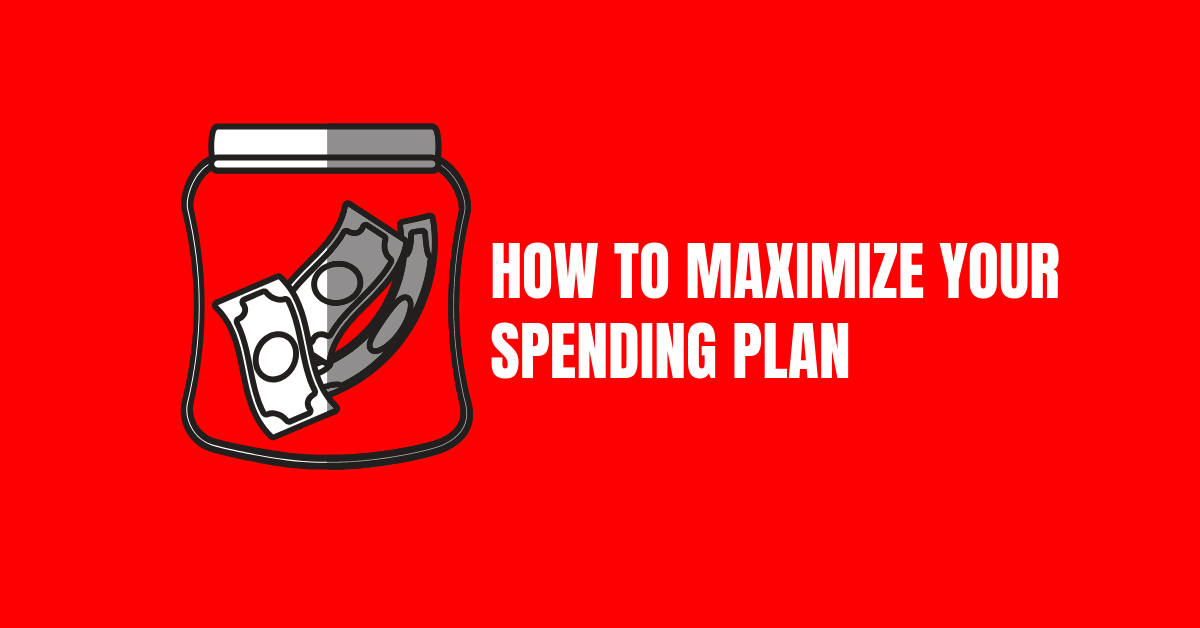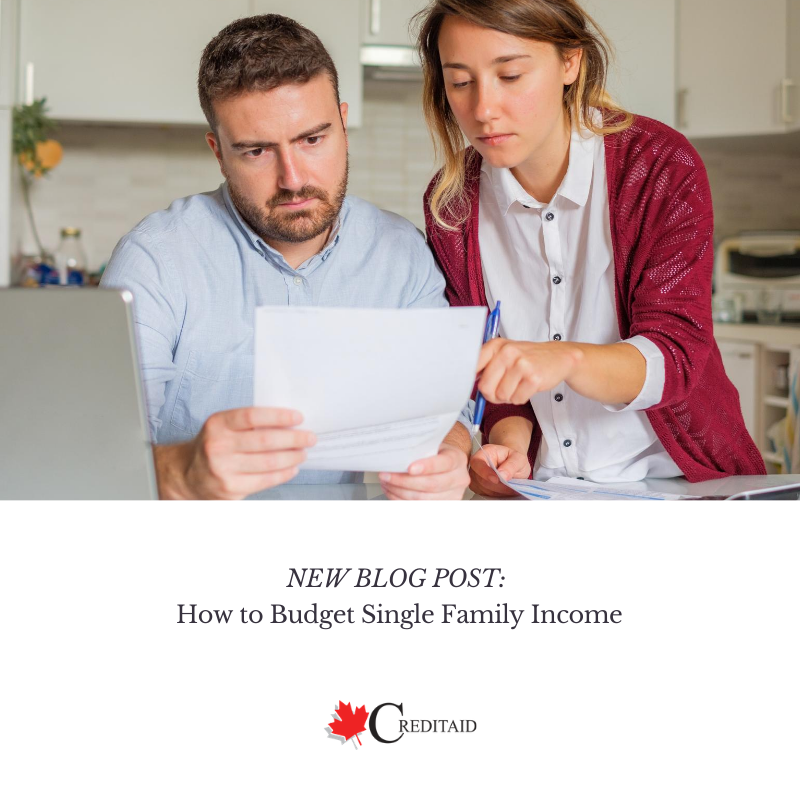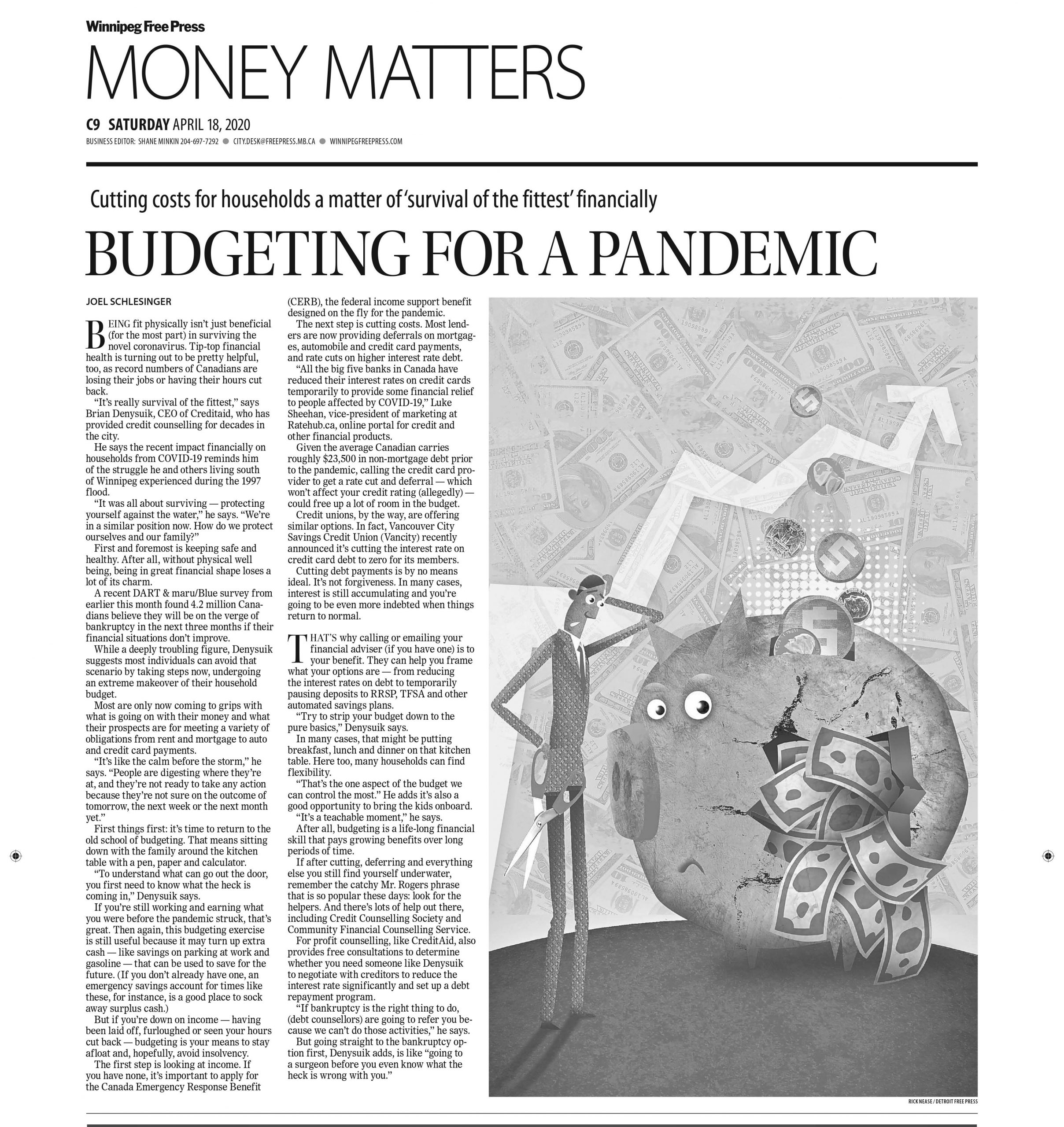
Get the Most for the Least by Shopping Carefully
Budgeting can be like strong tasting medicine – it’s one of the most challenging remedies to take, but its effectiveness cannot be denied. Whether you’ve got money troubles or not, a budget will help your finances. You don’t make a budget just to fix problems – you have to do it all the time.
A spending plan is more than just a list with numbers. It’s a willingness to do things that may seem inconvenient at the time, but add up to a considerable advantage when you’re looking to cut costs, without sacrificing quality.
Here are some everyday actions you can take that will make your bottom line look better:
Check Prices
Ok, so you’ve decided to make a purchase, and you’ve budgeted for it. Before you expend precious funds, make sure you’re getting the best value for your dollar. Ask yourself the following:
“Can I save money by buying used?” A lot of times, a used item will serve just as well as a new one. Appliances, for instance, are often available used, many from dealers who will offer a warranty. Clothing, too. Many discount stores offer name brand clothing, gently worn, at a fraction of the original cost. If you’re ok with previously enjoyed clothes, you’ll find that you can start dressing really well for really cheap.
“Is another store having a sale on this item?” Is the sale good enough to justify the extra travel time and expense? Try to avoid paying more just for convenience.
“Is it less expensive online?” Sometimes it’s worth having to wait a few extra days for delivery.
Prepare your Own Meals
We can’t stress enough just how much impact this one simple act can have on your bottom line. Take out or delivery costs several times as much as preparing a similar item at home, and when you make it yourself, it’s how you like it. Compare the savings to the time spend preparing meals, and it’s like you’ve got another job that pays really well.
Continue reading “How to Maximize your Spending Plan (AKA Budget)”





